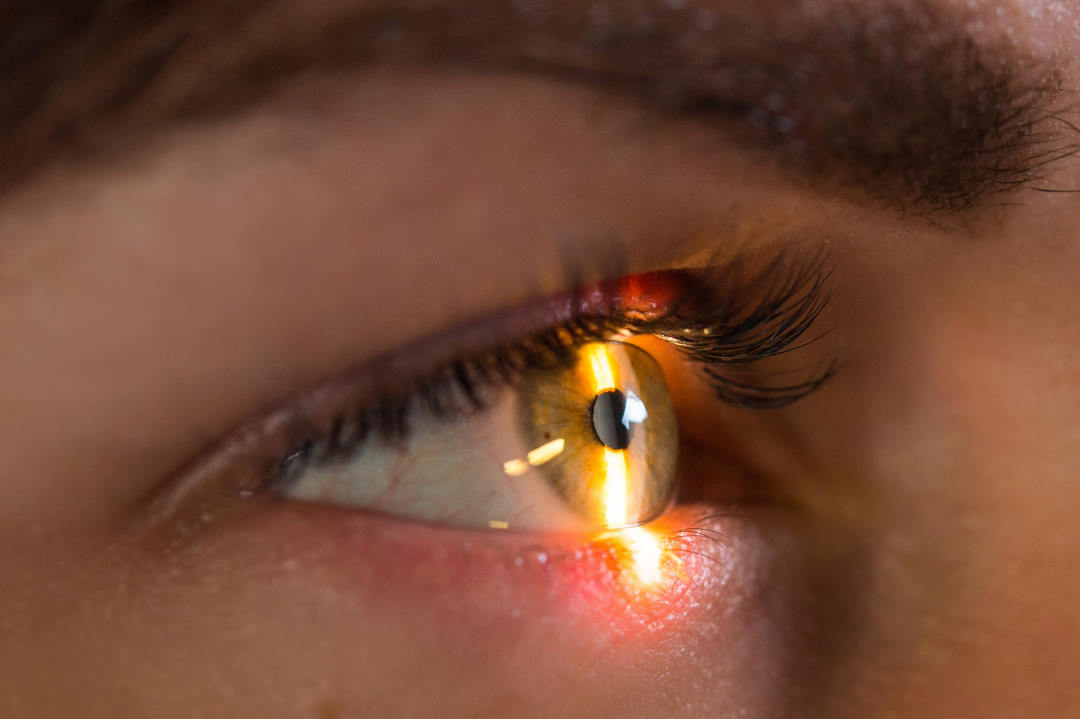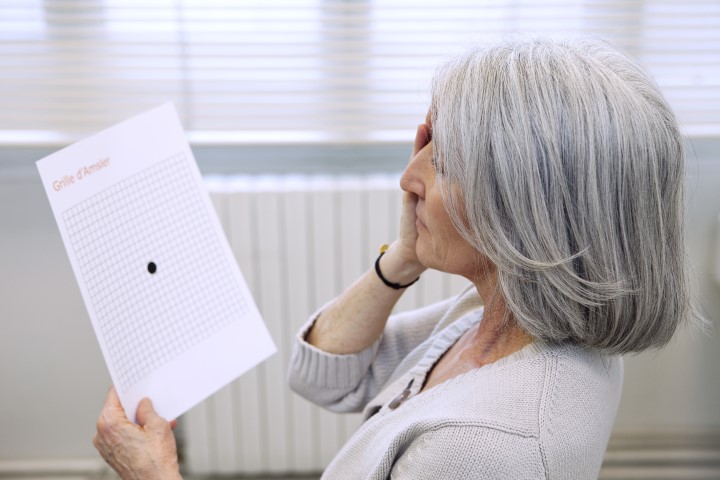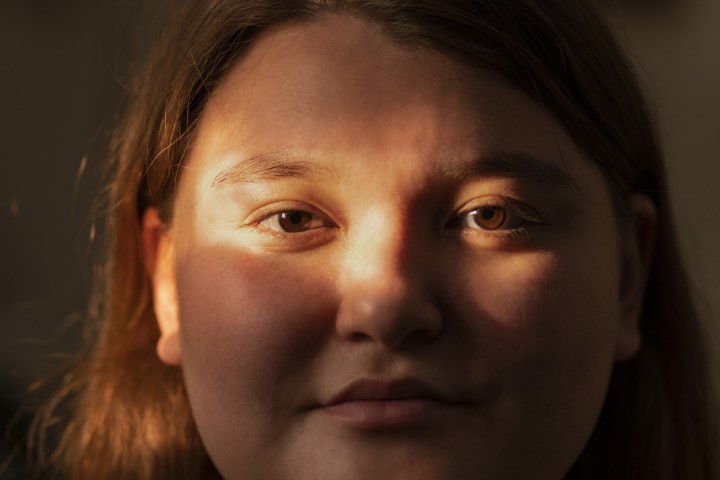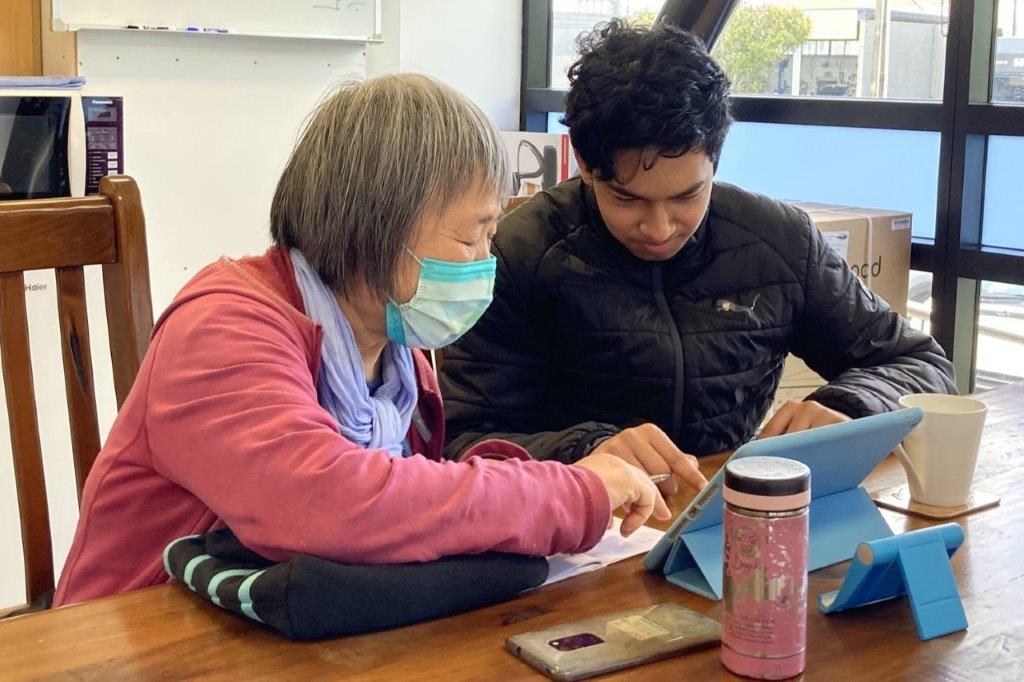Gene therapy offers promise for glaucoma patients
Scientists from Trinity College Dublin have developed what they describe as a promising gene therapy to treat glaucoma. The team previously showed ‘AAV-eNdi1’ offered promise in treating dry age-related macular degeneration (AMD).
AAV-eNdi1 is an approved viral which delivers an enhanced gene (eNdi1) developed by the Trinity team. It was designed to boost mitochondrial activity and reduce damaging reactive oxygen species. The research, published by International Journal of Molecular Genetics, showed AAV-eNdi1 offered significant benefit in animal models and in human cells derived from people with glaucoma. Specifically, authors noted the therapy protected key retinal ganglion cells and improved their function in an animal model of glaucoma. In human retinal cells, delivery of AAV-eNdi1 increased oxygen consumption and ATP production, indicating enhanced cell performance.
Although current glaucoma treatments focus on the use of topical eye drops, surgery, or laser therapy, some patients do not respond or suffer serious side effects, said first author Dr Sophia Millington-Ward, research fellow in Trinity’s School of Genetics and Microbiology. “The need for better treatment options has inspired and motivated us to continue developing gene therapies and we are delighted with the promise it is showing.”
Translation of the studies towards the clinic and patients is the next focus, said Dr Millington-Ward. Based on these and other foundational achievements, the Trinity team, together with health business leader Loretto Callaghan, recently founded Vzarii Therapeutics to expedite future development of their gene therapies for in-human clinical trials.

























